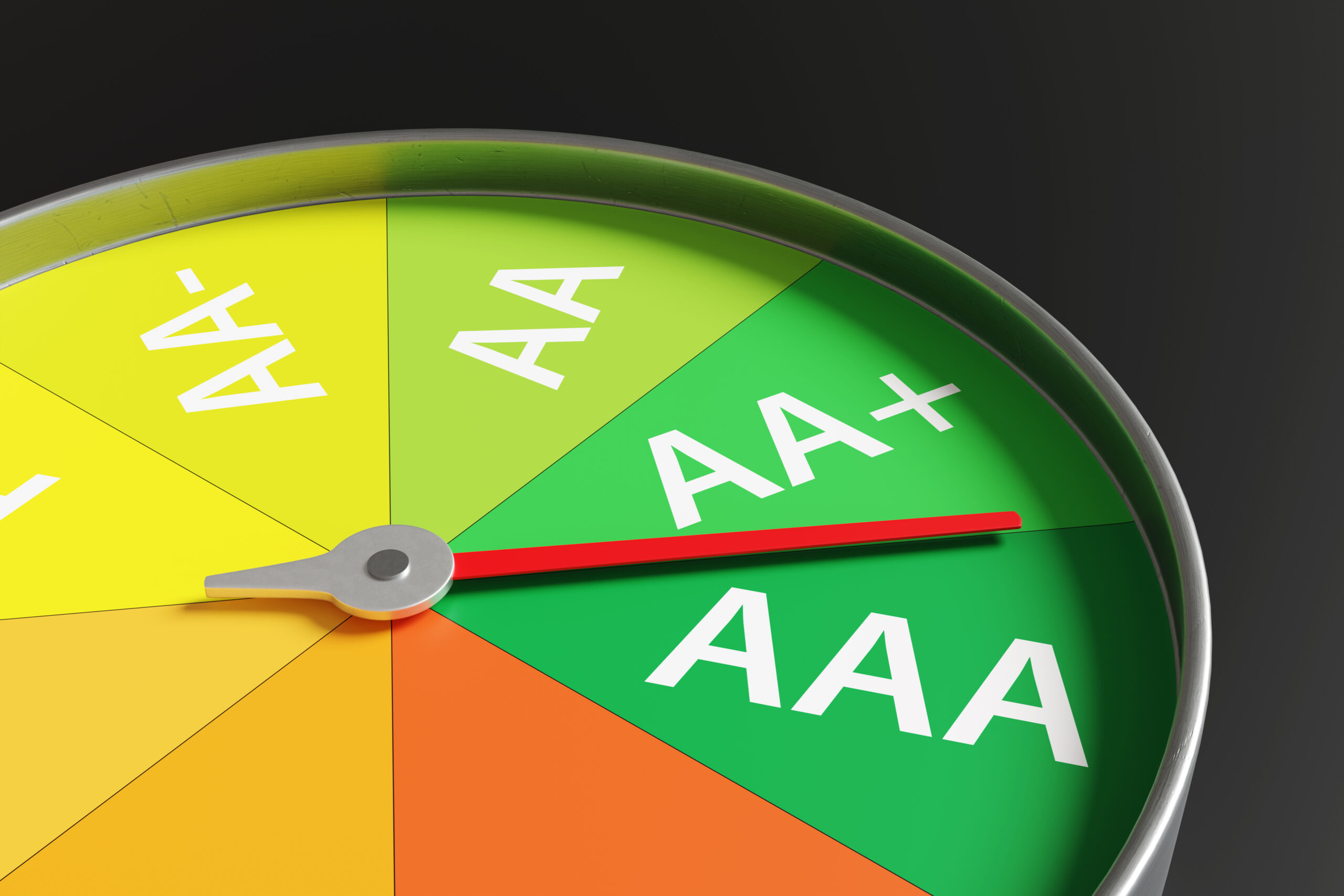
Introduction
Debt can be a significant source of stress, but with a solid plan and determination, it’s possible to regain control of your finances and achieve financial freedom. Whether you’re dealing with credit card balances, student loans, or other forms of debt, the journey to becoming debt-free is within reach. This article will provide practical strategies to help you eliminate debt and build a healthier financial future.
1. Assess Your Debt Situation
The first step in getting out of debt is understanding the full scope of what you owe. Start by taking inventory of all your debts, including:
- Type of Debt: List each debt type, such as credit cards, personal loans, auto loans, student loans, and mortgages.
- Total Balance: Note the outstanding balance for each debt
- Interest Rate: Record the interest rate for each debt. Higher interest rates can significantly increase the cost of borrowing.
- Minimum Monthly Payments: Document the minimum payments required for each debt.
Having a clear picture of your debt situation will help you prioritize which debts to tackle first and create a realistic repayment plan.
2. Create a Debt Repayment Plan
A structured repayment plan is essential for making steady progress toward becoming debt-free. Here are two popular strategies to consider:
- The Debt Snowball Method: With this approach, you focus on paying off your smallest debt first while making minimum payments on your other debts. Once the smallest debt is paid off, you move on to the next smallest, and so on. The momentum you build by eliminating smaller debts can keep you motivated.
- The Debt Avalanche Method: This strategy focuses on paying off debts with the highest interest rates first. By reducing the most expensive debts, you save money on interest over time, which can help you pay off your total debt more quickly.
Choose the method that best suits your personality and financial situation, and commit to following through with it.
3. Reduce Your Expenses and Increase Your Income
To accelerate your debt repayment, it’s important to free up as much money as possible. Here are some ways to reduce your expenses and increase your income:
- Cut Unnecessary Spending: Review your budget and identify areas where you can cut back. Consider reducing dining out, entertainment, or subscription services. Every dollar saved can go toward paying off your debt.
- Negotiate Lower Rates: Contact your creditors to negotiate lower interest rates or ask if they offer any hardship programs. A lower interest rate can reduce the amount you owe and help you pay off your debt faster.
- Boost Your Income: Look for opportunities to increase your income, such as taking on a part-time job, freelancing, or selling items you no longer need. Even small increases in income can make a big difference in your debt repayment journey.
- Use Windfalls Wisely: If you receive a tax refund, bonus, or other financial windfall, consider putting it toward your debt rather than spending it. A lump sum payment can make a significant dent in your outstanding balances.

4. Consolidate and Refinance Debt
Debt consolidation and refinancing are options that can simplify your repayment process and potentially lower your interest rates:
- Debt Consolidation: This involves combining multiple debts into a single loan with a fixed interest rate. It simplifies your payments and may reduce the total interest you pay over time. However, it’s important to avoid accumulating new debt after consolidation.
- Refinancing: If you have high-interest debt, such as credit card balances, refinancing with a lower-interest loan or a balance transfer credit card can save you money on interest. Be sure to read the terms and conditions carefully to avoid fees or higher rates after an introductory period.
5. Stay Committed and Monitor Your Progress
Getting out of debt requires commitment and discipline. Here’s how to stay on track:
- Set Milestones: Break your debt repayment plan into smaller, manageable goals. Celebrate each milestone, such as paying off a credit card or reaching a certain percentage of debt reduction.
- Track Your Progress: Regularly monitor your debt balances to see how much you’ve paid off. Tracking your progress can keep you motivated and help you make adjustments if needed.
- Avoid New Debt: Resist the temptation to take on new debt while you’re focused on paying off your existing balances. Practice mindful spending and stick to your budget.
- Seek Support: If you find yourself struggling to manage your debt, consider speaking with a financial advisor or a credit counselor. They can provide personalized guidance and help you explore options like debt management plans.
Conclusion
Getting out of debt is a challenging but rewarding journey. By assessing your debt situation, creating a repayment plan, reducing expenses, increasing income, and staying committed to your goals, you can eliminate your debt and pave the way for a more secure financial future. Remember, IC Credit Union is here to support you with resources, tools, and advice to help you achieve financial freedom. Start today, and take the first step toward a debt-free life.